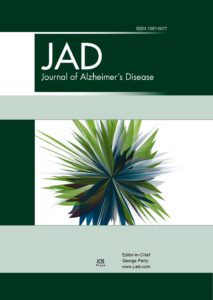Although advanced age remains the “most potent risk factor for dementia,” it does not fully account for the incidence and severity of the disease, according to Drs. Melissa Andrew, Kenneth Rockwood, and colleagues in CCNA’s Team 14.
With an eye to understanding how the environment and biology affect cognition, the researchers drew on the Frailty Index to measure and bundle some of the known “problems of old age,” using data from a well-known cohort study on aging, the Honolulu-Asia Aging Study (HAAS).
After controlling for age, education, and APOE ε4 (a known genetic risk factor for Alzheimer’s disease), the team examined cognitive changes in older Japanese-American men to determine whether the longstanding relationship between dementia and age reflects not only age but also the many health deficits that accompany the aging process.
Background: Starting in 1991, with follow-up health assessments every 2-3 years, 2817 men of Japanese descent were followed (aged 71-93 at baseline) as part of HAAS. Cognition was measured using the Cognitive Abilities Screening Instrument.

For their part, Andrew and Rockwood used 6 waves of data to examine simultaneous changes in cognition in relation to changes in the Frailty Index.
They found that: At baseline, the lower the person’s overall health status (i.e. the higher one’s Frailty Index), the worse their cognitive function and the faster the rate of cognitive decline over the study period.
This suggests that cognitive function is negatively affected by impaired health status in old age.
Just as these findings support the association between frailty and cognition, they also show that the Frailty Index can be used to quantify the extent to which genetic and biological factors contribute to overall health status.
* The article these findings are drawn from will be published in the Journal of Alzheimer’s Disease 53(3), July 26, 2016.

